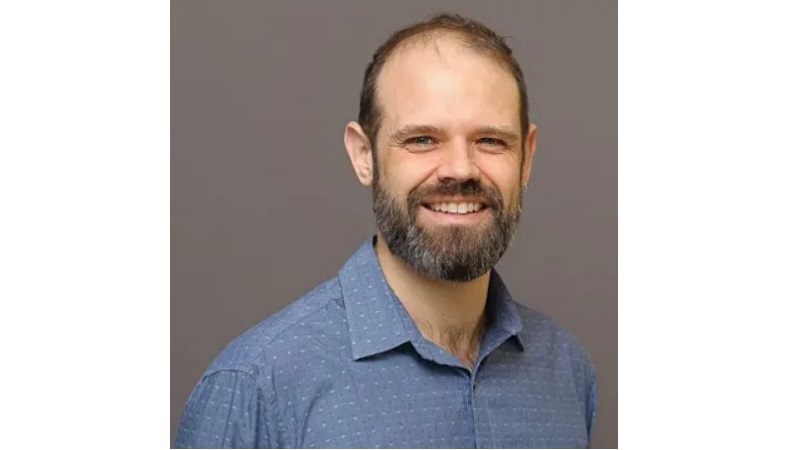
The first UK baby born with DNA from three different people has been born following a revolutionary IVF procedure aimed at preventing children from inheriting incurable diseases, according to a report by The Guardian.
The procedure, known as mitochondrial donation treatment (MDT), is a medical procedure involving transferring the nucleus of an egg or embryo with unhealthy mitochondria into a donor egg or embryo with healthy mitochondria to prevent certain inherited diseases.
Because the embryos combine sperm and egg from the biological parents with mitochondria from the donor's egg, the resulting baby has DNA from the mother and father in addition to approximately 37 genes from the donor. This has led to the babies being referred to as "three-parent babies."
Research on MDT, also known as mitochondrial replacement therapy (MRT), was led by UK doctors with the Newcastle Fertility Centre. The facility is both the first and the only clinic in the UK to have a national centre license to perform the procedure, but approval for MDT is given by the country's Human Fertilisation and Embryology (HFEA). As of the present day, the HFEA has approved approximately 30 cases.
Details of the births from Newcastle's MDT program have not yet been made public over concerns of patient confidentiality. However, The Guardian reported that "less than five" MDT babies had been born, according to the HFEA.
Before the UK's MDT program, the world's first MDT birth was announced in 2016 by a U.S. doctor who had treated a Jordanian woman in Mexico with mitochondrial mutations causing Leigh syndrome, resulting in four miscarriages and two children. One died at age six, while the other lived for only eight months.
However, MDT is not without risks. According to recent research, some cases have shown that the small number of abnormal mitochondria that are carried from the mother's egg to the donor egg can multiply during fetal development, leading to a disease in the child.
“The reason why reversal is seen in the cells of some children born following MRT procedures, but not in others, is not fully understood,” said University of Oxford reproductive genetics professor Dagan Wells.
“So far, the clinical experience with MRT has been encouraging, but the number of reported cases is far too small to draw any definitive conclusions about the safety or efficacy,” Wells said. “Long-term follow-up of the children born is essential. The stage of development when reversal happens is unclear, but it probably occurs at a very early stage. This means that prenatal testing, carried out [at] about 12 weeks of pregnancy, may well succeed in identifying if reversal has occurred.”